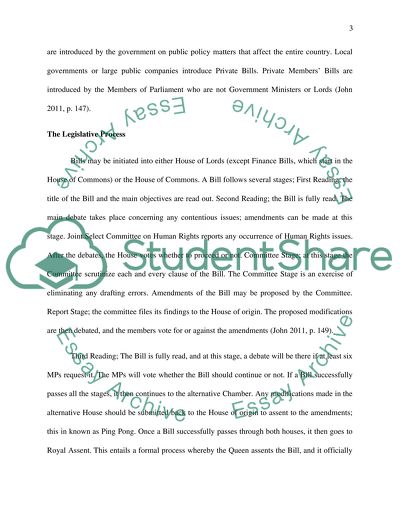Cite this document
(“The Main Sources of Law in England Today and the Role of Judges Essay”, n.d.)
The Main Sources of Law in England Today and the Role of Judges Essay. Retrieved from https://studentshare.org/law/1446775-critically-discuss-the-main-sources-of-law-in
The Main Sources of Law in England Today and the Role of Judges Essay. Retrieved from https://studentshare.org/law/1446775-critically-discuss-the-main-sources-of-law-in
(The Main Sources of Law in England Today and the Role of Judges Essay)
The Main Sources of Law in England Today and the Role of Judges Essay. https://studentshare.org/law/1446775-critically-discuss-the-main-sources-of-law-in.
The Main Sources of Law in England Today and the Role of Judges Essay. https://studentshare.org/law/1446775-critically-discuss-the-main-sources-of-law-in.
“The Main Sources of Law in England Today and the Role of Judges Essay”, n.d. https://studentshare.org/law/1446775-critically-discuss-the-main-sources-of-law-in.


